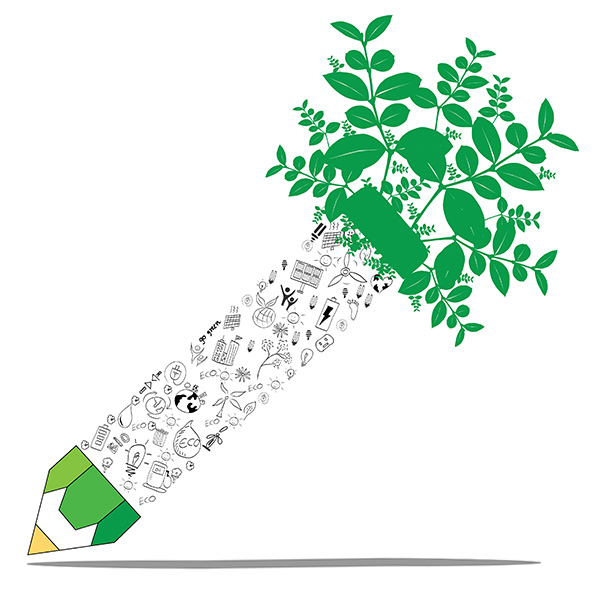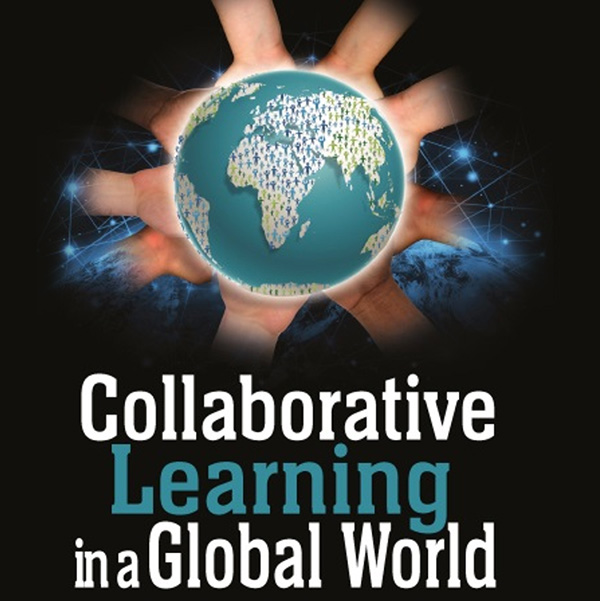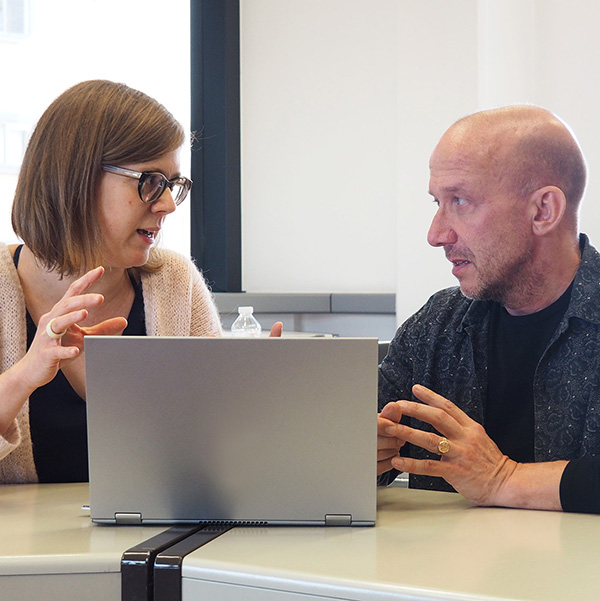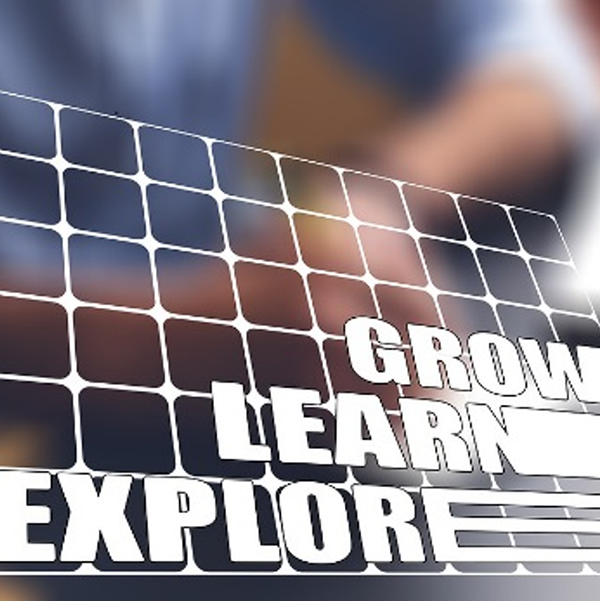Research
We welcome new blogs on teacher educators and teacher educator development (500-750 words). For more information see our Blog submission policy or contact your national moderator.
May 11, 2019
Student teachers often complain about lack of communication between representatives from the different disciplines included in teacher education (Smith, 2015, 2016). In a recent study, a group of school-based teacher educators (mentors) with and without mentor education are interviewed focusing on university-based teacher educators’ (tutors’) competences and responsibilities (Helleve & Ulvik, 2019).
May 5, 2019
Promoting Active Civic Education and Democracy in Teacher-training: A model from an ERASMUS+ project
CURE is a curriculum reform program of an ERASMUS+ Capacity Building Project aimed to develop and promote Active Civic Education and Democracy in teacher training programs in Israel and in Georgia. The program’s selection was in July 2016 and officially began on October 15, 2016. Originally a 3-year-program, the program was extended until March 30, 2020...
April 22, 2019
Teachers in schools play an important role as school based teacher educators – or mentors as we choose to call them. However, they do not always recognise themselves as teacher educators. Their primary task is to teach pupils. The mentor role is vague, and can be understood in different ways. In the literature we find that there is no universal definition of mentoring. It is a contested practice, and different concepts such as mentoring, supervision and coaching are used (Aspfors & Fransson, 2015). Furthermore, even if researchers have underlined...
April 13, 2019
Most student teachers have positive experiences of working in a school when on placement. A minority, however, return to university from their placement feeling stressed and anxious. In Scotland, The Donaldson Review (2011) claims that 23% of their respondents admitted to having ‘variable or very poor’ placement experiences. Problematic experiences have been reported in a range of empirical studies throughout the wider world (see for example Boz and Boz, 2006)...
March 23, 2019
Reflective practice is a common dimension of initial teacher education programmes throughout the world and the benefits of developing reflective teachers have been well documented (please see McGarr & McCormack, 2014 for more detail). While differing approaches to reflection exist, Brookfield (1995) argues that unless reflective practice is critical in nature, challenges hegemonic assumptions and power relations, it is largely ineffective.
March 18, 2019
Teacher education takes place in two learning arenas, the university and the practice field. It is however the practicum that is most valued among student teachers (Korthagen 2010, Kvernbekk 2012). We, the three authors of this text, wanted through a study to learn more about what and how students learn during field practice and to understand how practice can interact with the university coursework to enhance professional competencies.
March 10, 2019
Collaborative teaching and learning approaches are gaining in popularity, and an "Online Collaborative Learning" (OCL) theory has been developed to better reflect the skills required in the information age (Harasim, 2012). Collaborative learning had been implemented in schools since the 80's. However, today collaborative learning involves interaction between learners through both social and professional...
March 5, 2019
Current literature suggests that while teacher educators perform a multitude of complex roles, they receive minimal preparation or possibilities for professional development to fulfil these roles. As a result, they need to acquire relevant knowledge and skills after taking on the position of teacher educators. Therefore, it is important to learn what skills and knowledge teacher educators need and...
February 24, 2019
Unless research is valued for its capacity as a tool of professional learning by all stakeholders in teacher education, we risk the marginalisation and eventual disappearance of a theory-informed future teaching profession. Peiser (2015) reminds us that education policy can, in some cases, prioritise instrumental knowledge over a wider professional understanding of teacher education and...
February 9, 2019
In September 2010, a major reform of the Irish post-primary mathematics curriculum was introduced nationally on a phased basis. The reform, known locally as ‘Project Maths’, involved changes to the syllabus, the way in which the content was taught, and also how it was assessed (Prendergast & O’Donoghue, 2014).
January 20, 2019
Student experience has a central focus in higher education as institutions strive for retention, attainment, and growth; acknowledging students as both consumers and participants (Muijs et al. 2017). Consequently, universities pursue active engagement of student voice to inform quality enhancement as a route toward improving educational experiences. Within the Scottish sector, quality enhancement is defined in part as the deliberate steps taken...





















